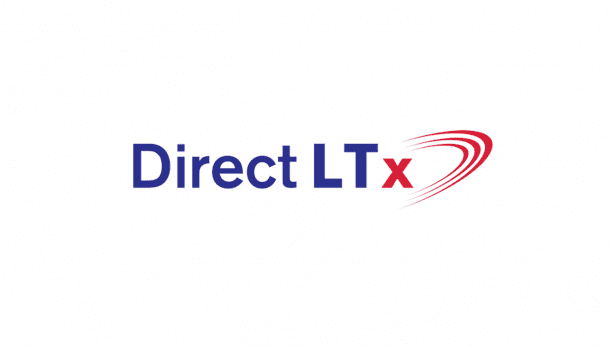Negotiating Rent Relief with Your Landlord
Over the past ten days, we have spoken with numerous tenants and landlords about the COVID-19 pandemic, its impact on their businesses, and how landlords, their investors and lenders will deal with tenants’ inability to operate, generate cash flow, and pay rent.
In this challenging moment, we have been heartened by the empathy demonstrated by several landlords. Late last week, a landlord told us: “Our current position with all tenants that may be affected by a temporary shutdown of business is for them to make rental payments as their cash flow allows. We will not charge late fees or interest on missed payments and will create a payment plan when things stabilize.” While not all landlords are able to offer this range of concessions, some are.
A property owner will take legal action against a tenant only if that landlord reasonably believes ownership will be better off by doing so. This is a uniquely harrowing time, and most landlords are rational actors. Moreover, in light of the consequences to all arising from the COVID-19 break out, landlords realize most tenants are in the same situation — especially because non-essential businesses now are under government order to shut down in many jurisdictions. Landlords and their investors and lenders now are challenged everywhere to take the longer-term view, and do what they can to ensure their good tenants remain viable . . . and on the rent roll.
Given the foregoing, here are several keys to inform a constructive rent adjustment conversation with your landlord:
- Be honest about your situation. Landlords quickly would be out of business if they grant rent relief to every tenant that wants to lower its rent obligation. Be prepared to document and explain to the landlord your cash flow situation and why your business will not be able to pay rent or can only pay a specified fraction of your contract rent obligation.
- Be precise as to the relief you are asking for. Are you asking for rent forgiveness, a rent abatement or a deferral of some or all of your rent obligation until things get better? Again, consider tying your request to your specific cash flow situation. And, consider tying the timeline for relief to lifting of governmental restrictions preventing or impairing your business’s core operations. Ask the landlord to confirm its plan to improve sanitation, infiltration of fresh air, and undertake other preventive measures to promote building health. A plan that shares the burden between you and the landlord is going to be more welcome, as they have bills to pay as well.
- Articulate your plan for resumption of normal course business operations. Explaining to your landlord why this is a temporary situation is straightforward today given what’s going on in the world, especially if you otherwise have a good history with the landlord of timely paying rent. Again, most landlords understand that it’s unlikely a new user will be stepping up any time soon to replace you as a tenant. Your job is to convince the landlord that investing in your business over the coming weeks/months will provide a better, safer return than if they seek to replace you.
Conclusion
We are in unchartered cultural, economic and contractual waters; deals will be cut between landlords and tenants that would not have been considered just a month ago.
It is important to remember that people typically behave in a rational manner. In most instances, sticking with you – their current tenant – will be the best bet for your landlord. In approaching your landlord, be honest, respectful of their situation, and creative. In the end, to paraphrase The Rolling Stones, while you might not get all you want, you may get what you need to muscle through this Coronacrisis.
Tactix Real Estate Advisors, LLC
Ryan Conner (rconner@tactix.com)
Gary Lozoff (glozoff@tactix.com)



